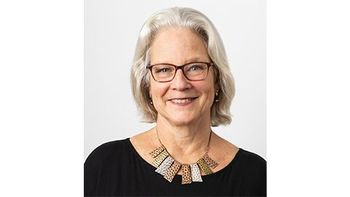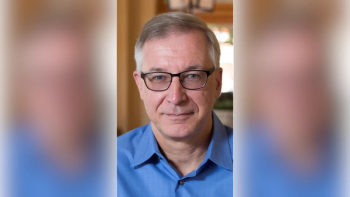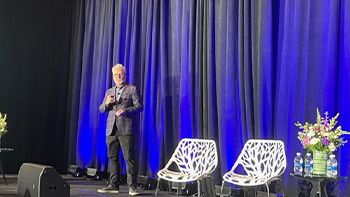
Guilty plea is offered by a doctor caught up in the fake Avastin scandal
More doctors are expected to be charged; meanwhile, California e-pedigree meetings restart
William Kincaid, a Johnson City, TN, oncologist, has pleaded guilty to charges of purchasing drugs illegally from unauthorized distributors; in addition to that alleged crime, he has also admitted to billing insurers for the full list prices of the drugs, while pocketing the difference, amounting to $500,000, according to a
News reports detailing the fake-Avastin scandal of early 2012, in which packages of the oncology product, written in French and other languages and containing no active ingredient, were being dispensed by dozens of cancer clinics, rattled everyone in pharmaceutical distribution. The scandal
FDA authorities moved swiftly to quarantine these distributors and retrieve the illegal products, but an open question at the time was why so many doctors were essentially shrugging their shoulders about the practice. Details of Kincaid’s alleged crimes are chilling: the purchases began in September 2007 through early 2008, and resumed in August 2009 until February of this year. Kincaid arranged to keep inventory in an offsite storage facility (Avastin and other biologics require refrigerated storage). The WSJ article says “FDA … hasn’t learned of any patients harmed by fake Avastin or other misbranded drugs,” but this highlights one of shortcomings of pharmaceutical distribution security: no one can easily track down a patient whose therapy didn’t progress—or who died—as a result of receiving ineffective or subpotent drugs.
California e-pedigree activity
Coincidentally, the California Board of Pharmacy is re-energizing the Enforcement Committee public hearings, meant to resolve process details in that state’s e-pedigree program. The meetings were heavily attended through 2008, then went quiet when the rules were postponed to 2015. Given that even a modest serialization program can take 18 months to implement on packaging lines and IT systems, many manufacturers and distributors are refocusing their efforts. The Board has scheduled a meeting for Dec. 4, in Sacramento. Interestingly, the committee is also going to be looking into regulation of compounding pharmacies—the latest drug-adulteration
Newsletter
Stay ahead in the life sciences industry with Pharmaceutical Commerce, the latest news, trends, and strategies in drug distribution, commercialization, and market access.




